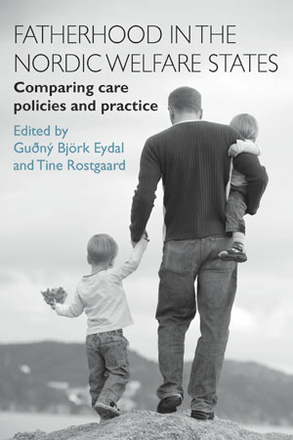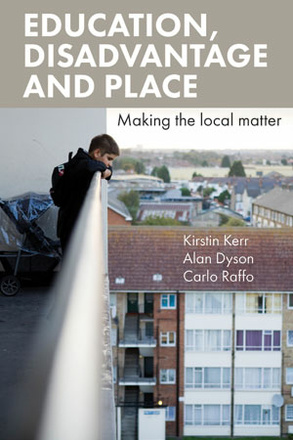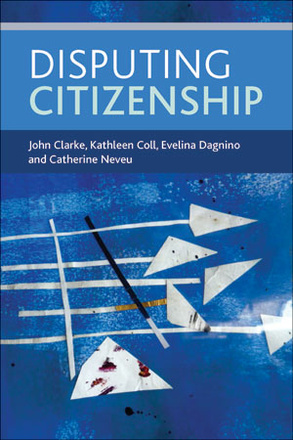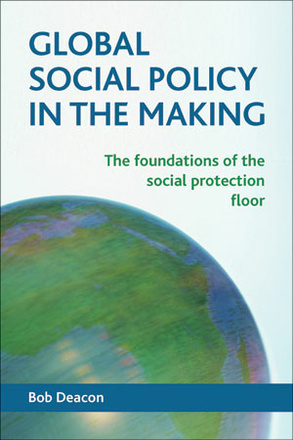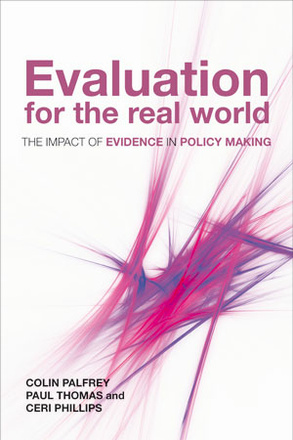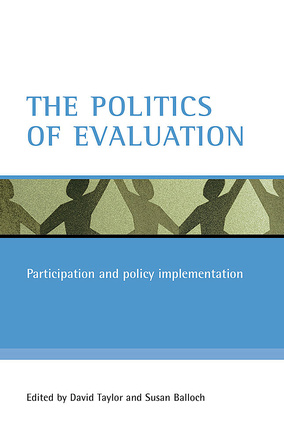Evidence Use and Evaluation
Fatherhood in the Nordic Welfare States
Comparing Care Policies and Practice
In this topical book, expert scholars from the Nordic countries, the UK and the US demonstrate how modern fatherhood is supported in Nordic countries through family and social policies, and how these shape and influence the images, roles and practices of fathers in a diversity of family settings and variations of fatherhoods.
Education, Disadvantage and Place
Making the Local Matter
Challenging current thinking, this important book is the first to focus on the role of area-based initiatives to tackle the link between education, disadvantage and place. Aimed at all those actively seeking to tackle disadvantage, including policymakers, practitioners, academics and students.
Disputing Citizenship
This unique book presents a new perspective on citizenship by treating it as a continuing focus of dispute. The authors develop a view of citizenship as always emerging from struggle through an exploration of the entanglements of politics, culture and power that are both embodied and contested in forms and practices of citizenship.
Global Social Policy in the Making
The Foundations of the Social Protection Floor
This book by the world’s leading authority on global social policy examines why and how the Social Protection Floor became ILO, UN and G20 policy and how the World Bank and IMF took steps to lay its foundation.
Evaluation for the Real World
The Impact of Evidence in Policy Making
This valuable book examines the development of evaluation and its impact on public policy by analysing evaluation frameworks and criteria which are available when evaluating public policies and services.
The politics of evaluation
Participation and policy implementation
The widespread popularity of evaluation is based on the need to provide evidence of the effectiveness of policies and programmes. This book sees evaluation as an inherently political activity, and using a wide range of examples it relates practical issues in evaluation design to their political contexts.







